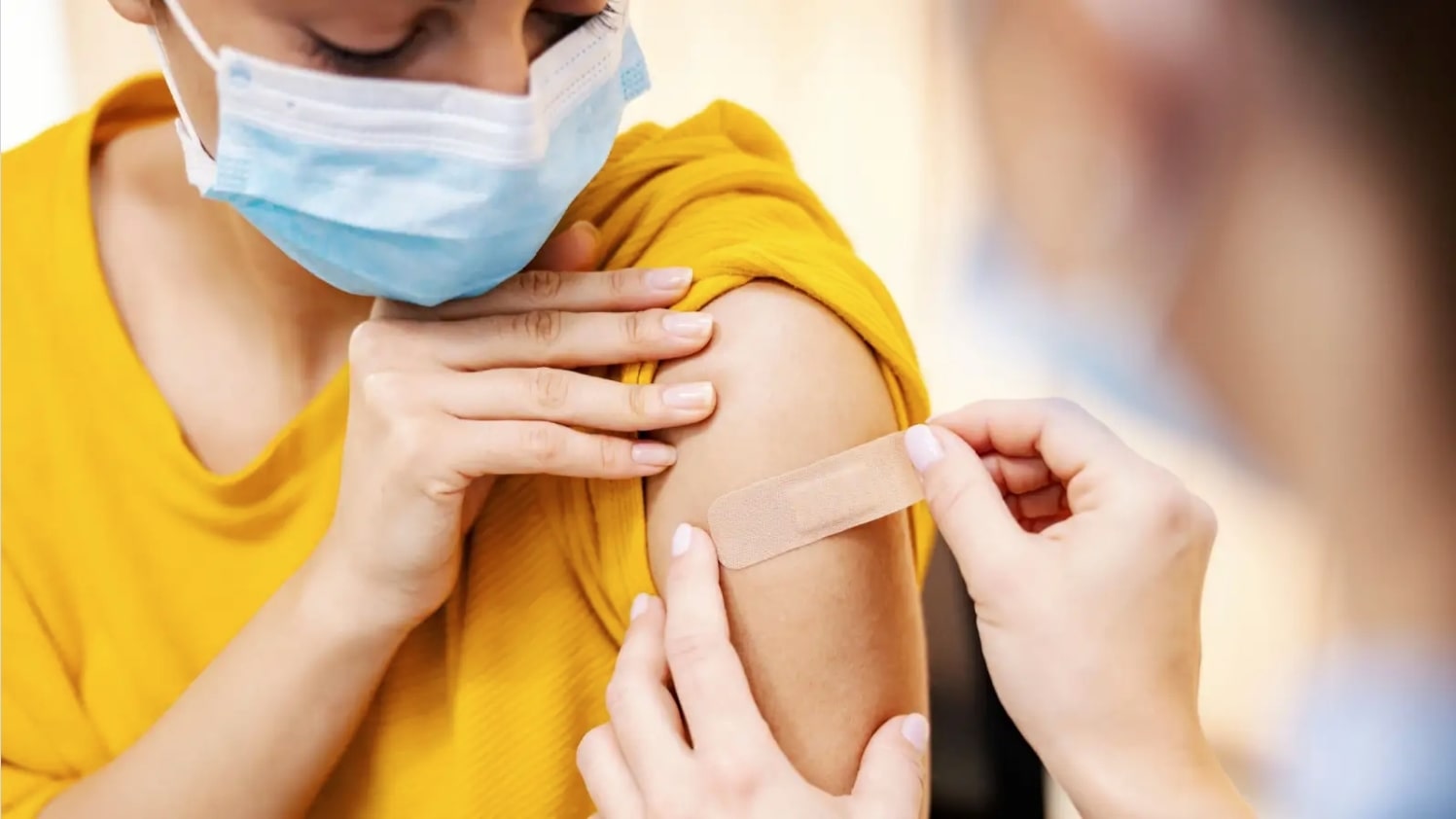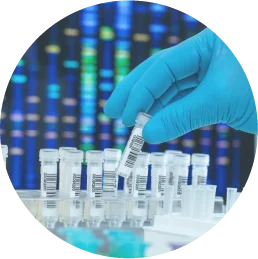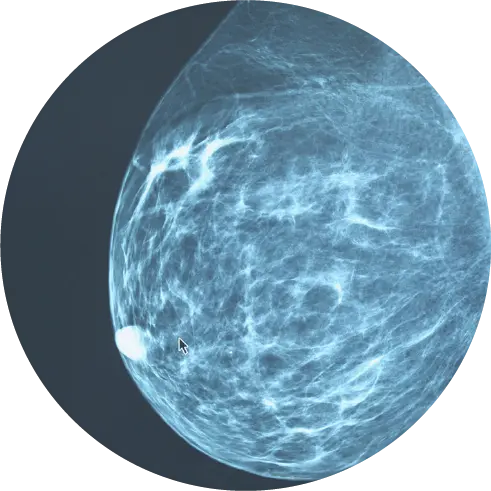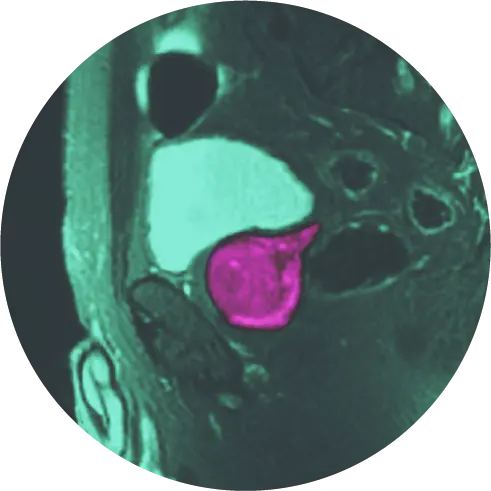Did you know that nearly 300,000 people will be diagnosed with breast cancer this year?
That’s right: Breast cancer is the most common form of the disease in the United States. If you’re a breast cancer patient (or know someone who is), you’ve likely heard a lot of well-intentioned advice from others.
But some of this advice might not be based on fact.
Since the start of the pandemic, many of these misconceptions have revolved around vaccines. Getting the right advice matters – especially when navigating breast cancer.
Let’s look at some common myths about breast cancer and vaccines. By knowing what’s fact and what’s fiction, you can make more informed health decisions.
Myth #1: Breast cancer patients should not get the COVID-19 vaccine.
False. According to the Centers for Disease Control (CDC), breast cancer patients have a higher risk of severe illness with COVID-19 versus people without the disease.
Some breast cancer treatments – chemotherapy, immunotherapy, and targeted therapies – may weaken the immune system. In turn, patients are at an increased risk of complications when battling COVID-19.
There is good news: mRNA COVID-19 vaccines are effective and safe for current cancer patients and those with a history of the disease. The CDC, National Comprehensive Cancer Network, and others recommend full vaccinations and boosters for cancer patients.1
Although these vaccines may not fully protect immunocompromised people, and breakthrough infections are possible, research shows that the vaccine and boosters do help prevent more serious effects of the virus. 2
Myth #2: Breast cancer patients can get any vaccine.
False. Certain vaccines are safe (and certainly beneficial) for breast cancer patients. Still, not all vaccines are recommended.
Why is this the case?
Vaccines work by triggering the body’s immune response to fight against a specific organism – by exposing the body to that organism. Through this process, the body develops the ability to fight off the organism if another exposure happens.
Vaccines contain either a “live” or “dead” version of a virus – a critical factor for breast cancer patients.
Active viruses in vaccines have been weakened enough so that people with healthy immune systems either do not get sick or only experience mild symptoms. On the other hand, people with weakened immune systems, including those undergoing radiation or chemotherapy, typically should not get live vaccines.3
For example, the COVID-19 vaccine is considered safe for people with weakened immune systems because it is not made with a live virus.
Every breast cancer patient is different. You and your doctor can review your immunization history and breast cancer treatment plan to determine the necessary vaccines for you.
Myth #3: COVID vaccines can cause cancer or make cancer grow.
False. There is no evidence that the COVID-19 vaccine causes or worsens cancer.
The American Cancer Society and National Comprehensive Cancer Network recommend that cancer patients be fully vaccinated with the COVID-19 primary series, plus booster doses.
However, these vaccines may not be as effective in immunocompromised people as they are for people with healthy immune systems. That’s why other preventive measures matter: wearing a mask, social distancing, minimizing travel, washing your hands, and avoiding crowds.4
Myth #4: You should not get a mammogram during the pandemic.
False. Your breast health matters – before, during, and after the pandemic.
The Society of Breast Imaging currently recommends that people do not wait to schedule their mammograms after getting a COVID-19 vaccine. In other words, there is no need to wait.
Still, it’s important to tell your radiologist if you’ve had the COVID-19 vaccine, the date you received it, and the arm where you had the shot.5
Some people might experience enlarged lymph nodes under the arm where they received their vaccine. These lymph nodes are called axillary lymph nodes, and experts believe this reaction is a normal part of a heightened immune response to the vaccine. Some people who get the annual flu shot have a similar reaction.6
Myth #5: Getting a vaccine will make cancer treatment less effective.
False. There is no evidence to suggest that vaccines make cancer therapy less effective.7
Researchers are collecting data on how vaccines, including the COVID-19 vaccine, affect breast cancer patients. As new variants emerge, experts are also developing and testing variant-specific boosters.
Contact Us
It’s no myth – breast cancer screenings save lives.
The pandemic isn’t over yet, but it’s a great time to catch up on preventive breast care.
With routine mammograms, your doctor can detect breast cancer sooner. Early detection makes a difference: Patients have more treatment options and a higher chance at survival, with a nearly 100% 5-year survival rate.
At HALO Diagnostics, we offer breast screenings at our HALO Breast Care Center in Chico, Silicon Valley MRI in Silicon Valley, and Palms Imaging Center in Oxnard, as well as Precision Imaging Centers’ four locations in and around Jacksonville, Florida.
References
1Breastcancer.org. (2022). Coronavirus (COVID-19): What people with breast cancer need to know. Retrieved from https://www.breastcancer.org/managing-life/staying-well-during-covid-19/what-people-with-breast-cancer-need-to-know
2Breast Cancer Research Foundation. (2020). COVID-19 and breast cancer: What patients need to know. Published online March 26, 2020.
3Breastcancer.org. (2022). Breast cancer and vaccines. Retrieved from https://www.breastcancer.org/managing-life/immune-system/vaccines
4American Cancer Society. (2022). COVID-19 vaccines in people with cancer. Retrieved from https://www.cancer.org/treatment/treatments-and-side-effects/physical-side-effects/low-blood-counts/infections/covid-19-vaccines-in-people-with-cancer.html
5Mullen, L.A. (2022). COVID-19 vaccine: Can it affect your mammogram results? Johns Hopkins Medicine. Retrieved from https://www.hopkinsmedicine.org/health/conditions-and-diseases/coronavirus/covid19-vaccine-can-it-affect-your-mammogram-results
6Cancer Treatment Centers of America. (2021). COVID-19 vaccine side effect may mimic breast cancer symptoms. Published online March 9, 2021.
7National Cancer Institute. (2022). COVID-19 vaccines and people with cancer: A Q&A with Dr. Steven Pergam. Retrieved from https://www.cancer.gov/about-cancer/coronavirus/covid-19-vaccines-people-with-cancer




